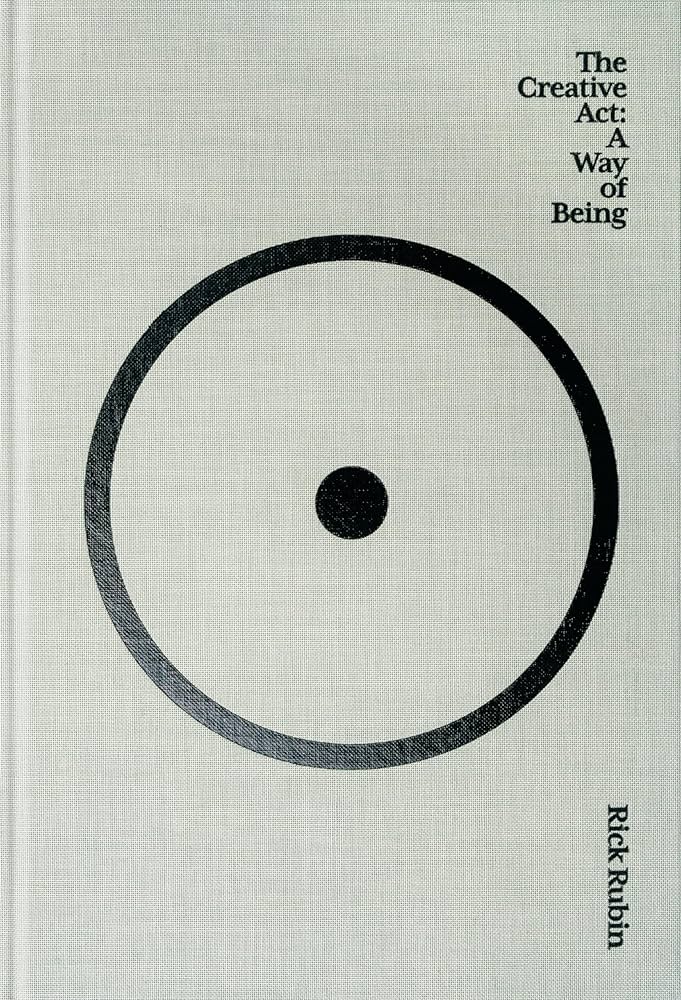Inspiration
byInspiration often arrives unexpectedly, striking the mind with a sudden surge of clarity and creativity that seems almost magical. It is an elusive force that appears to come from nowhere, yet profoundly influences the way we think, create, and perceive the world. The concept of inspiration is deeply rooted in history, with its origins tracing back to the Latin inspirare, meaning “to breathe in.” This linguistic connection suggests that inspiration is much like air—we must create space for it to flow freely into our minds. Just as we cannot inhale without first exhaling, inspiration requires a release of mental clutter and distractions to make room for new ideas. This process of clearing the mind fosters an openness that invites creativity to take root, allowing new thoughts and perspectives to emerge.
While inspiration is often romanticized as a sudden, uncontrollable force, it does not appear in isolation. It must be nurtured through discipline, mindfulness, and an openness to the unknown. Many great thinkers, artists, and innovators have emphasized the importance of setting the stage for inspiration rather than simply waiting for it to strike. Engaging in practices such as meditation, quiet reflection, or even moments of deliberate boredom can create the ideal mental environment for creativity to flourish. The mind, when given space to wander without restriction, is more likely to stumble upon unexpected connections and fresh perspectives. Inspiration, then, is not merely about being struck by a brilliant idea; it is also about preparing oneself to recognize and harness those fleeting moments of insight.
Moreover, inspiration is not always a grand revelation; sometimes, it reveals itself in the simplest of moments. It may emerge in the rhythm of a song, the shifting colors of the sky, or the quiet hum of an everyday routine. The ability to notice and appreciate these subtle sparks of creativity is what differentiates those who cultivate inspiration from those who wait idly for it to arrive. Training oneself to observe the world with heightened awareness transforms ordinary encounters into potential sources of creativity. A poet may find verses in the laughter of strangers, a musician may compose melodies from the sounds of nature, and a painter may discover new color palettes in the cityscape at sunset. When individuals learn to perceive the world as a reservoir of endless creative potential, inspiration becomes a constant presence rather than a fleeting visitor.
One of the most effective ways to invite inspiration is to break free from routine and introduce novelty into daily life. Experimenting with different artistic techniques, engaging in new conversations, or immersing oneself in unfamiliar environments can spark fresh ideas. Even small changes, such as altering one’s morning routine or taking a different route home, can shift perspectives and lead to unexpected creative breakthroughs. The brain thrives on novelty, and when it encounters new stimuli, it forms unique connections that fuel the creative process. This explains why many artists and writers seek solitude in nature, travel to unfamiliar places, or immerse themselves in diverse cultures to refresh their minds and invite new sources of inspiration.
Another essential aspect of inspiration is embracing imperfection and allowing creativity to flow without self-judgment. Too often, creators become trapped by the pressure to produce perfect work, stifling their ability to experiment and take risks. However, true inspiration often arises from moments of playfulness and spontaneity—when the mind is free from the constraints of perfectionism. Allowing oneself to create without fear of failure fosters a more open and receptive state of mind, where ideas can develop organically. Some of history’s greatest artistic and scientific discoveries were born from unexpected mistakes, proving that inspiration does not always come from a carefully controlled process but from an openness to the unpredictable.
Beyond individual practice, inspiration also thrives in collaboration and shared experiences. Engaging with other creative minds, whether through discussions, workshops, or collaborative projects, can spark new ideas and expand one’s perspective. The exchange of thoughts and artistic influences fosters an environment where creativity is continuously replenished. Many groundbreaking innovations have emerged from the fusion of different ideas, proving that inspiration is not limited to solitary reflection but can be amplified through collective creativity. Surrounding oneself with diverse perspectives, whether from books, conversations, or artistic mediums, ensures a steady stream of inspiration that fuels ongoing creative growth.
Ultimately, inspiration is not something that can be forced or controlled, but it is something that can be invited, nurtured, and embraced. It is a process that requires both patience and curiosity, a willingness to explore without expectation, and an openness to the beauty of the unknown. When individuals cultivate a mindset that welcomes inspiration in all its forms—whether through observation, experimentation, collaboration, or solitude—they unlock an endless reservoir of creative potential. Inspiration, in its purest form, is not just about generating ideas; it is about transforming the way we see and engage with the world, allowing us to create with authenticity, passion, and purpose.


